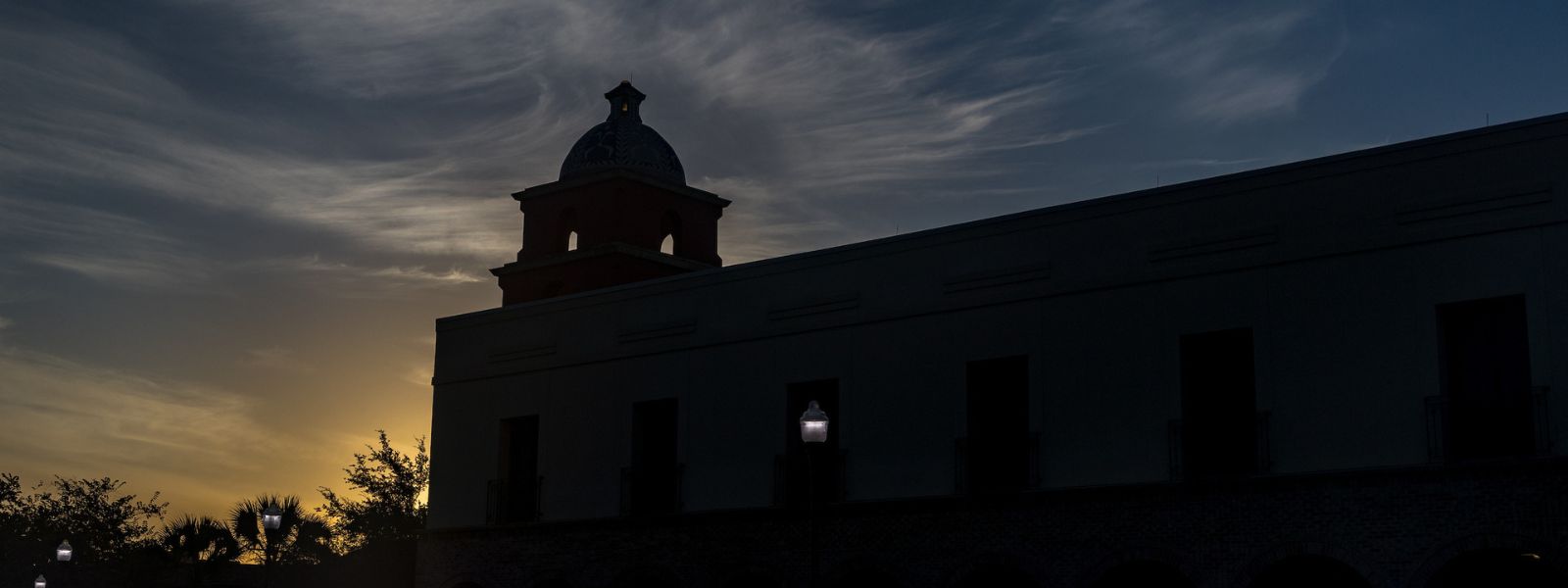
Literatures and Cultural Studies Faculty Publications
Document Type
Article
Publication Date
12-19-2024
Abstract
Though “Bartleby, the Scrivener” takes place in the three-block area in and around the lawyer’s Wall Street offices, the uptown attitudes toward city life of the suburbs inform the lawyer’s relationships to his urban or downtown space. Wall Street stands as a central feature of the island city’s history, taking its name from a physical wall built to protect the Dutch from the British and the Indians. As a result, Wall Street served to differentiate the suburban from the urban confines of the city. Through the position of the lawyer in the Master Chancery office on Wall Street and his esteem of Jacob Astor, Herman Melville examines how the lawyer’s view of the city as hierarchical shapes the lawyer’s disaffection from the lives of his idiosyncratic office copyists. But as Bartleby disrupts the customs at the Chancery, Melville alludes to Benjamin Franklin’s own work as a pressman in the Watts Printing House in London. Franklin’s and Bartleby’s labors represent the vast distance between the craft culture of eighteenth-century London and the industrial democracy of antebellum New York City. I argue that Melville criticizes the spatial divide of the city wherein the uptown (private) and downtown (public) faces of the lawyer never amalgamate into a singular conscience. In exploring contrasting accounts of workers trapped in the city, I examine how the lawyer forms a melancholic sympathy with Bartleby that pulls him into the Egyptian gloom of the city. When the lawyer visits Bartleby in the Tombs, he sees the stark and brutal Pharoah-like top-down power structure of the Whig city dissevered from its Whiggish time’s arrow of progress.
Recommended Citation
Thomson, S. “Looking Back to Old New York City in Herman Melville’s ‘Bartleby’”. AMERICANA E-Journal of American Studies in Hungary, vol. 20, no. 1, Dec. 2024, pp. 1-16. http://doi.or/g10.14232/americana.2024.1.1-16
Creative Commons License

This work is licensed under a Creative Commons Attribution-NonCommercial 4.0 International License
Publication Title
AMERICANA E-Journal of American Studies in Hungary
DOI
10.14232/americana.2024.1.1-16


Comments
This work is licensed under a Creative Commons Attribution-NonCommercial 4.0 International License.